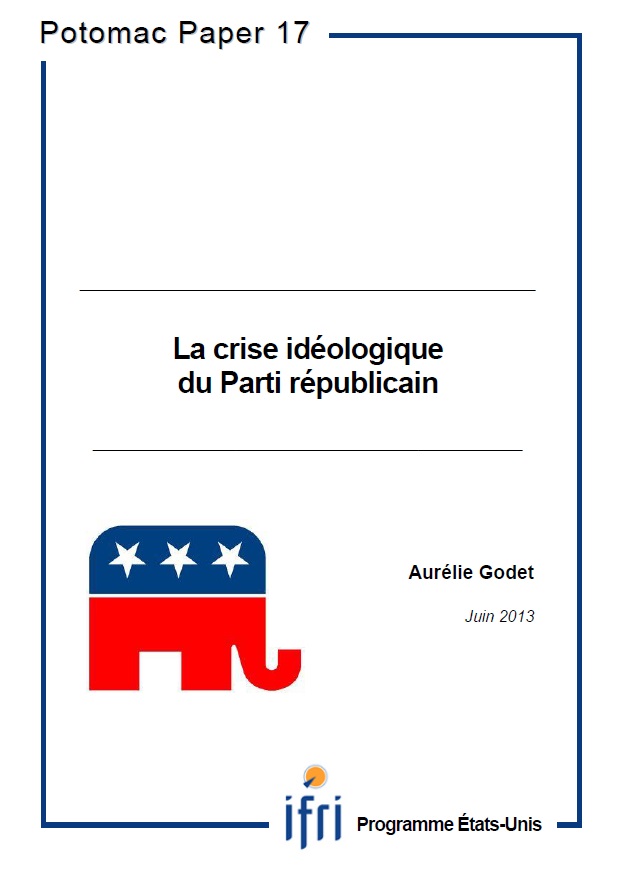La crise idéologique du Parti républicain

The Republican Party's increasingly conservative bent has left it more and more at odds with the countries" growing minorities. In preparation for the 2016 election, a serious debate on the GOP's stance is now underway between far-right partisans, moderates and a more pragmatic approach espoused by political consultant Karl Rove.
While the redistricting that followed the 2010 Census tends to help Republicans in Congressional elections, current demographics in the U.S. will make it increasingly difficult for a Republican candidate to be elected to the White House.
Indeed, the GOP is undergoing a long-term ideological evolution – from the conservative backlash of the 1960s and the growth of the Christian Right in the Reagan years to the emergence of the Tea Party movement in 2009 - that goes against the political leanings of major growing U.S. minorities.
In the wake of Romney’s 2012 defeat, a serious political debate is therefore taking place between partisans of a continuing move to the Right, partisans of a more moderate ideology, and a pragmatic third way proposed by political consultant Karl Rove. This third way recommends for all up-coming elections the choice of the most radical candidate who can still possibly win.
Conferences and meetings in the first half of 2013 have witnessed heated exchanges between these different trends and the proposal by each of concrete steps to be taken in preparation for the 2016 election. In spite of a compromise proposed by the National Republican Committee, there is little hope for a political solution in the foreseeable future.
Amongst eight possible candidates for the Republican investiture in 2016, Marco Rubio, who is on the one hand perceived as a true conservative, while also a member of the Latino community and a recent member of the Washington Establishment, may represent the best combination for a Party that remains ideologically torn.
This content is available in French : "La crise idéologique du Parti républicain"




